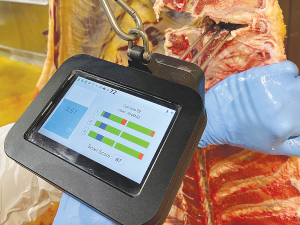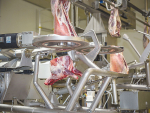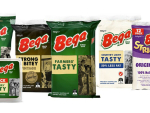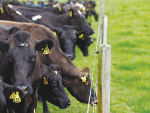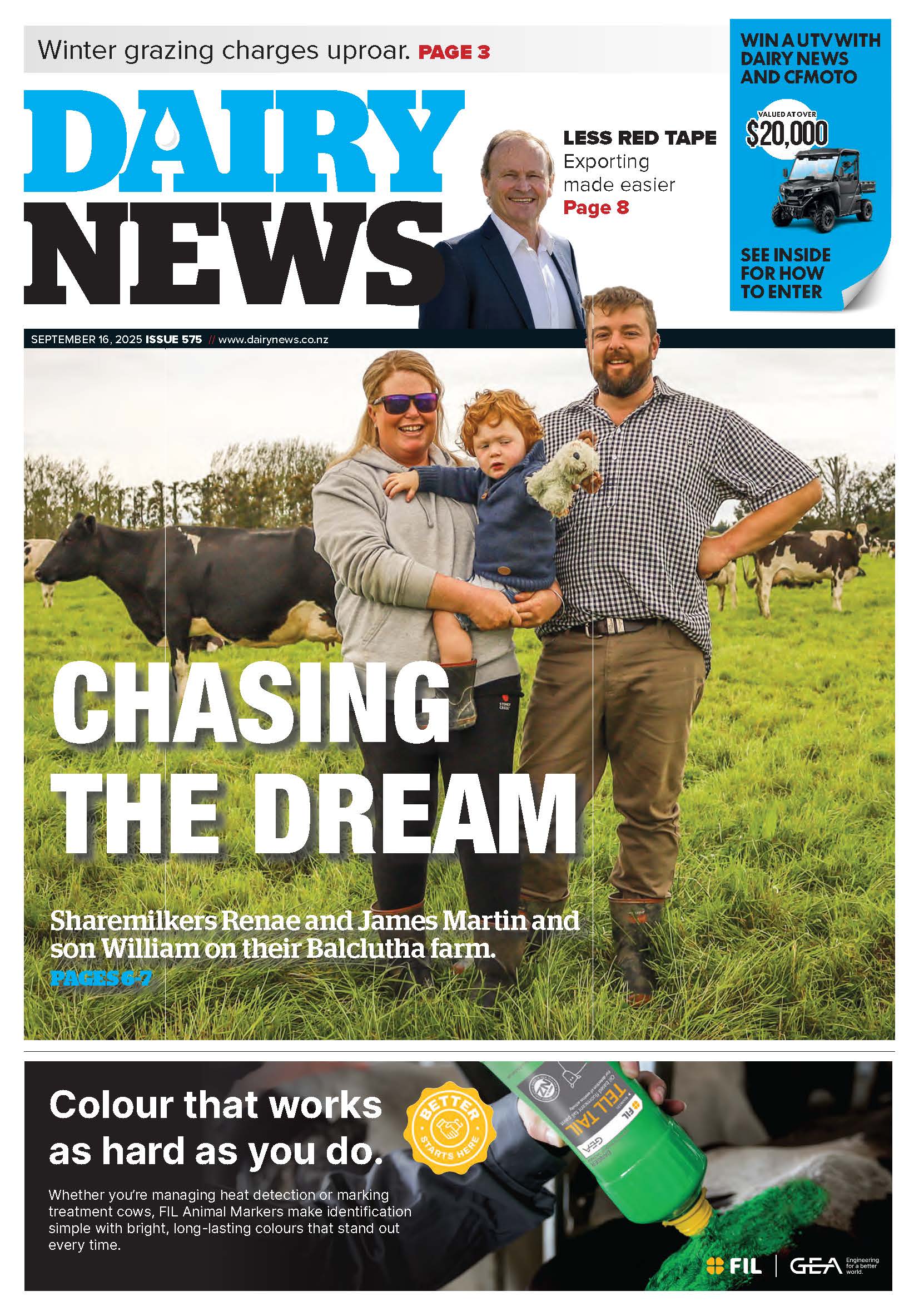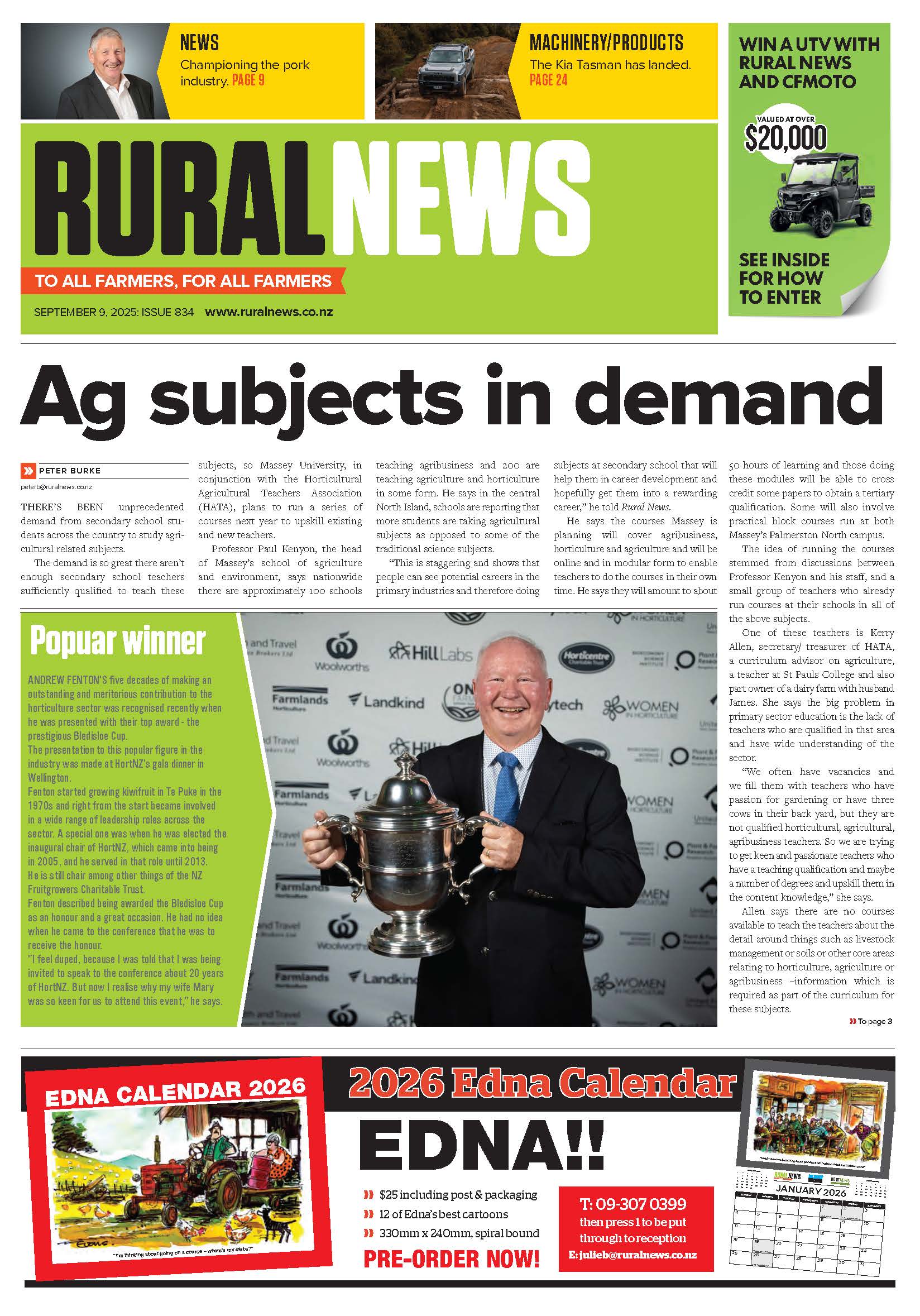Alliance Group says it has invested in new technology designed to measure the level of intramuscular fat in its beef and lamb to help capture greater product value.
In what is believed to be a first for a New Zealand red meat company, Alliance has been trialling Fluorescence Spectroscopy technology at its plants at Smithfield (Timaru) and Pukeuri (Oamaru). The technology aims to consistently identify premium quality marbled beef and lamb with high intramuscular fat (IMF). Fluorescence Spectroscopy technology uses light to accurately measure IMF in a carcass at commencement of processing to capture a 'fingerprint' of the IMF within a loin muscle.
The company says the two largest contributors to the sensory experiene when eating quality meat are IMF and ageing, with higher levels of IMF believed to be the greatest contributor.
"One of the challenges we have as a food company is to create the highest quality taste experience 100 per cent of the time," says Willie Wiese, chief executive of Alliance Group.
"We have been working on this project for the last 12 months. This technology is exciting because we can immediately identify all premium quality carcasses early on without disrupting production and optimise the opportunity for higher returns in our global markets.
"It will enable us to build up and scale our premium programmes, which is a growing part of our business."
Alliance Group partnered with High Health Alliance (its joint venture with Headwaters) in conjunction with the Ministry for Primary Industries to successfully deliver the technology.
Wiese says another key benefit is the ability to use the data to provide a detailed breakdown of a farmer's mob performance over the entire season.
"This will allow the farmer to drive behind the farm gate improvements to their stock and land."
General manager sales and marketing Shane Kingston says taste and texture are the number one drivers of a consumer's eating experience.
He believes with the use of evidence-based markers, Alliance Group can further differentiate its product offering to target consumers.
"High IMF levels represent the healthy fats which are good for nutrition but also the health of the animal. It is therefore a key attribute that needs to be measured by livestock unit whilst other contributors can be periodically measured."
He says the technology can help drive accuracy and efficiency across Alliance's premium lamb and beef brands, ensuring consumers' taste experience is consistently high.
Kingston adds that the company hopes to use the technology for its premium lamb and beef brands, Lumina Lamb, Handpicked Lamb, Handpicked Beef, and Silere.





